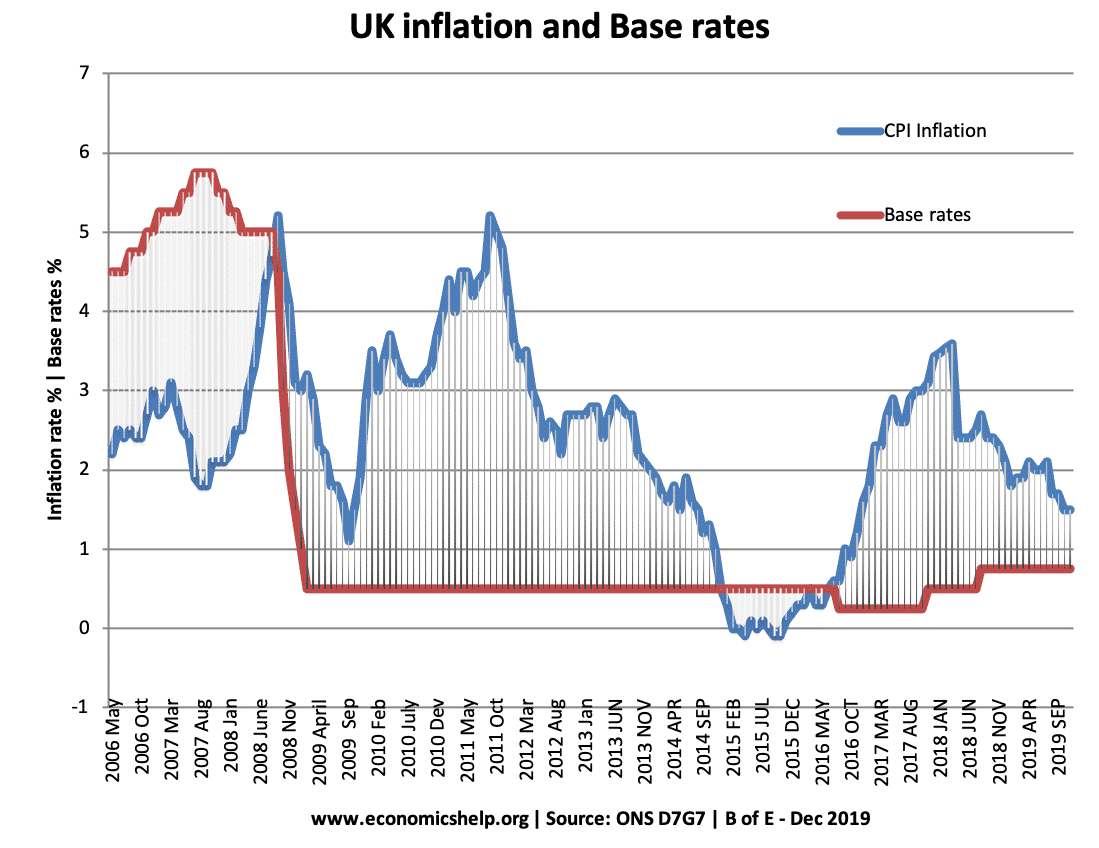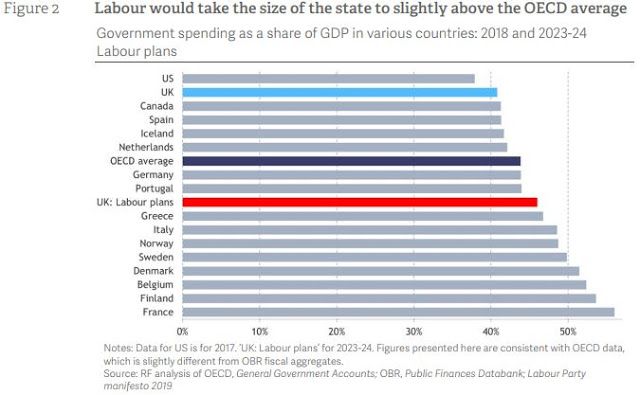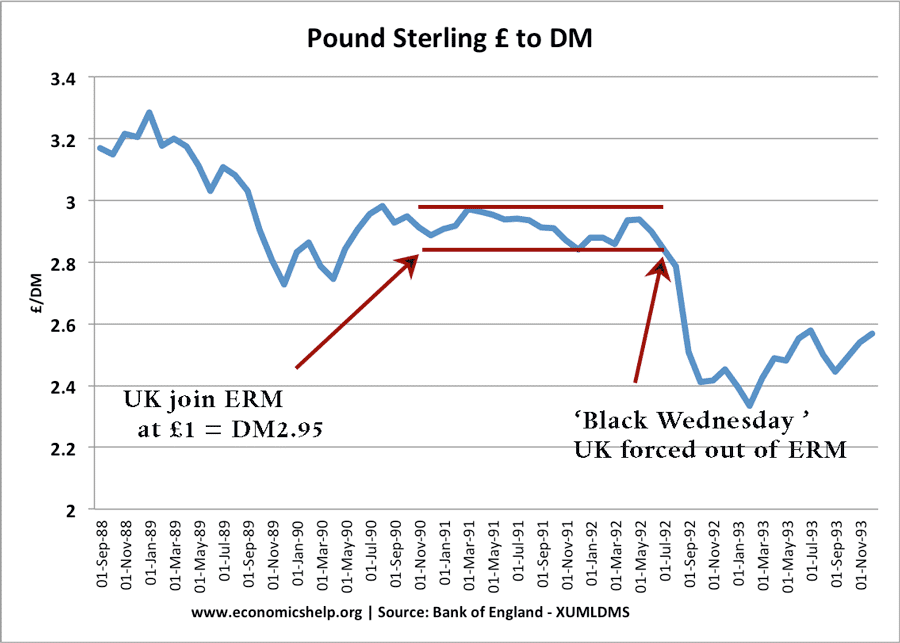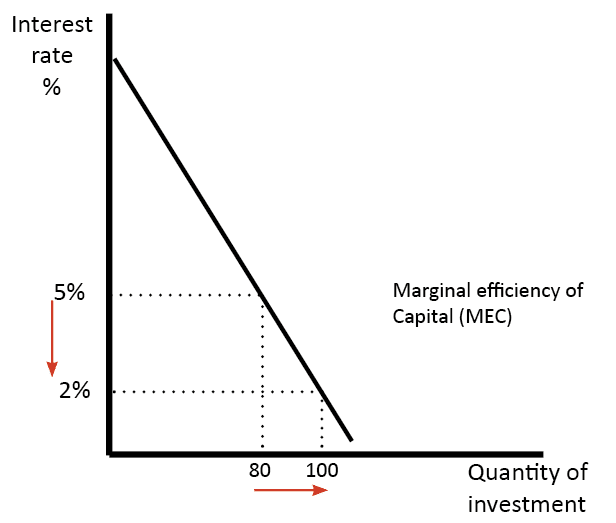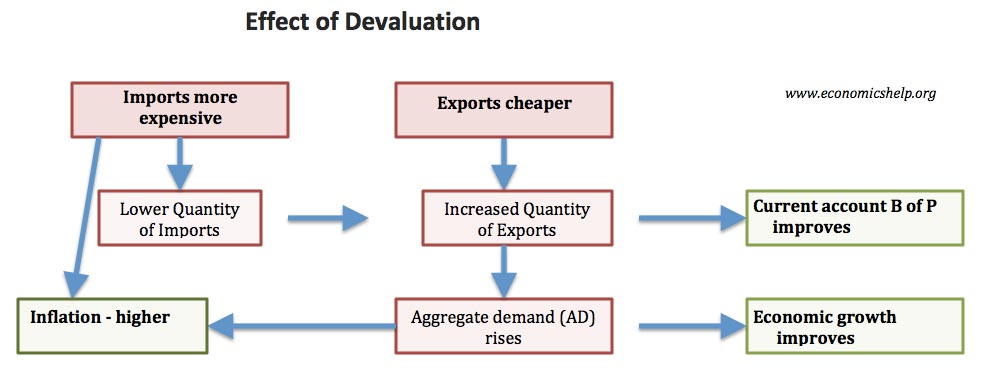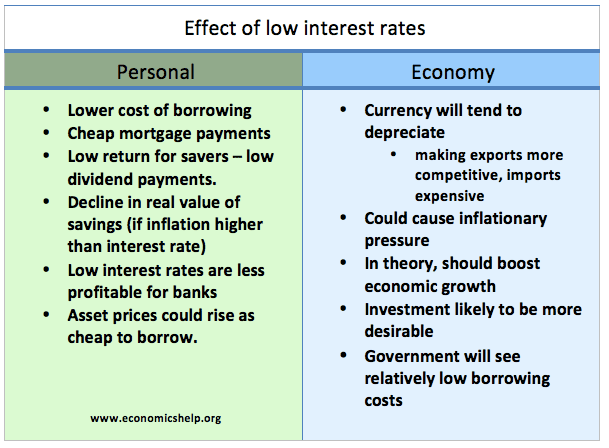Zero lower bound rate (ZLB)
When reading economic articles in the past few years, you may frequently come across the reference to the ‘zero lower bound’ or ZLB. What is the Zero Lower Bound rate? In short – when interest rates can’t fall any further below 0% Examples of ZLB UK interest rates were cut to 0.5% in March 2009 …

